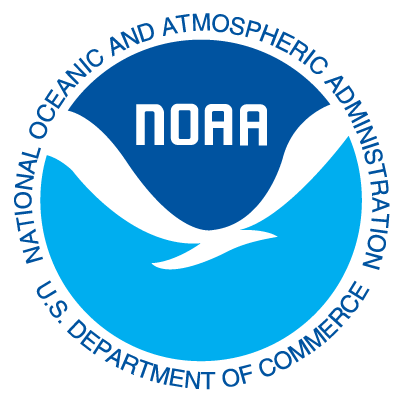KINGSTON, R.I., — May 23, 2019 — The National Oceanic and Atmospheric Administration (NOAA) announced that the University of Rhode Island Graduate School of Oceanography (GSO) will join the Cooperative Institute for the North Atlantic Region (CINAR) led by the Woods Hole Oceanographic Institution (WHOI).
CINAR will carry out innovative, multidisciplinary research that will help inform decisions for sustainable and beneficial management of the U.S. Northeast continental shelf ecosystem.
“The University of Rhode Island is pleased to have been selected among the eight leading research institutions to participate in the Cooperative Institute for the North Atlantic Region, a critical ecosystem that extends from Maine to Virginia and encompasses the marine coastlines of 11 states, as well as Vermont and the Connecticut, Delaware, Hudson and Susquehanna river watersheds,” said URI President David M. Dooley. “URI brings great depth and breadth of expertise in ecosystem management to assist in advancing our understanding of climate change and the very real challenges we face for the future.”
“URI’s Graduate School of Oceanography is delighted to be part of CINAR,” said GSO Dean Bruce Corliss. “We look forward to continuing our support of NOAA’s efforts in fisheries and coastal resilience in the New England coastal ecosystem with our partners over the next five years.”
“CINAR research seeks to provide a better understanding of the physical, biological, and chemical processes that enable forecasting conditions within the North Atlantic region as a tool for effective, ecosystem-based management and protected-species management,” said CINAR Director Don Anderson. “An important aspect of this approach includes interdisciplinary research to understand and forecast climate change, and the associated impacts to natural systems and communities.”
The research will strengthen our nation’s Blue Economy, which depends on data and information to make sound decisions for a healthy ecosystem and strong economy.Craig McLean, assistant NOAA administrator for Oceanic and Atmospheric Research
Along with WHOI and URI, the partners working with WHOI include the University of Maine, University of Massachusetts Dartmouth School for Marine Science and Technology, Rutgers University, University of Maryland Eastern Shore, University of Maryland Center for Environmental Science, and the Gulf of Maine Research Institute.
The selection comes with a commitment of $37.9 million over the course of the five-year award, with the potential for renewal for another five years based on successful performance. NOAA made the selection after an open, competitive evaluation.
“The Cooperative Institute for the North Atlantic Region brings together leading research institutions to advance our understanding and sustainable management of this important and dynamic ecosystem,” said Craig McLean, assistant NOAA administrator for Oceanic and Atmospheric Research. “The research will strengthen our nation’s Blue Economy, which depends on data and information to make sound decisions for a healthy ecosystem and strong economy.”
CINAR will conduct research focusing on five major areas that directly align with high priority NOAA scientific research:
- Sustained Ocean Observations and Climate Research
- Ecosystem Research, Observation, and Modeling
- Stock Assessment Research
- Protected Species Research and Recovery
- Ecosystem-Based Fisheries Management
“This is good news for the region and I am pleased the University of Rhode Island is joining forces with other leading marine research institutions for this initiative,” said U.S. Senator Jack Reed. “CINAR research will help guide policy decisions and help us better manage ocean resources.”
“The University of Rhode Island Graduate School of Oceanography is an excellent addition to the team of world-class research institutions leading NOAA’s ocean monitoring and fisheries management efforts in the North Atlantic,” said Senator Sheldon Whitehouse. “This new role for the University of Rhode Island will help secure the Ocean State’s place as a hub of the emerging Blue Economy.”
“The University of Rhode Island Graduate School of Oceanography is a world-class ocean research institution,” said Congressman Jim Langevin. “There is no doubt that URI’s expert faculty and state-of-the-art facilities will make an excellent addition to NOAA’s Cooperative Institute for the North Atlantic Region. I congratulate the University on this exciting achievement.”
NOAA supports 16 Cooperative Institutes consisting of 43 universities and research institutions in 20 states, the District of Columbia, Puerto Rico, and the U.S. Virgin Islands. These research institutions provide strong educational programs that promote student and postdoctoral scientist involvement in NOAA-funded research.

